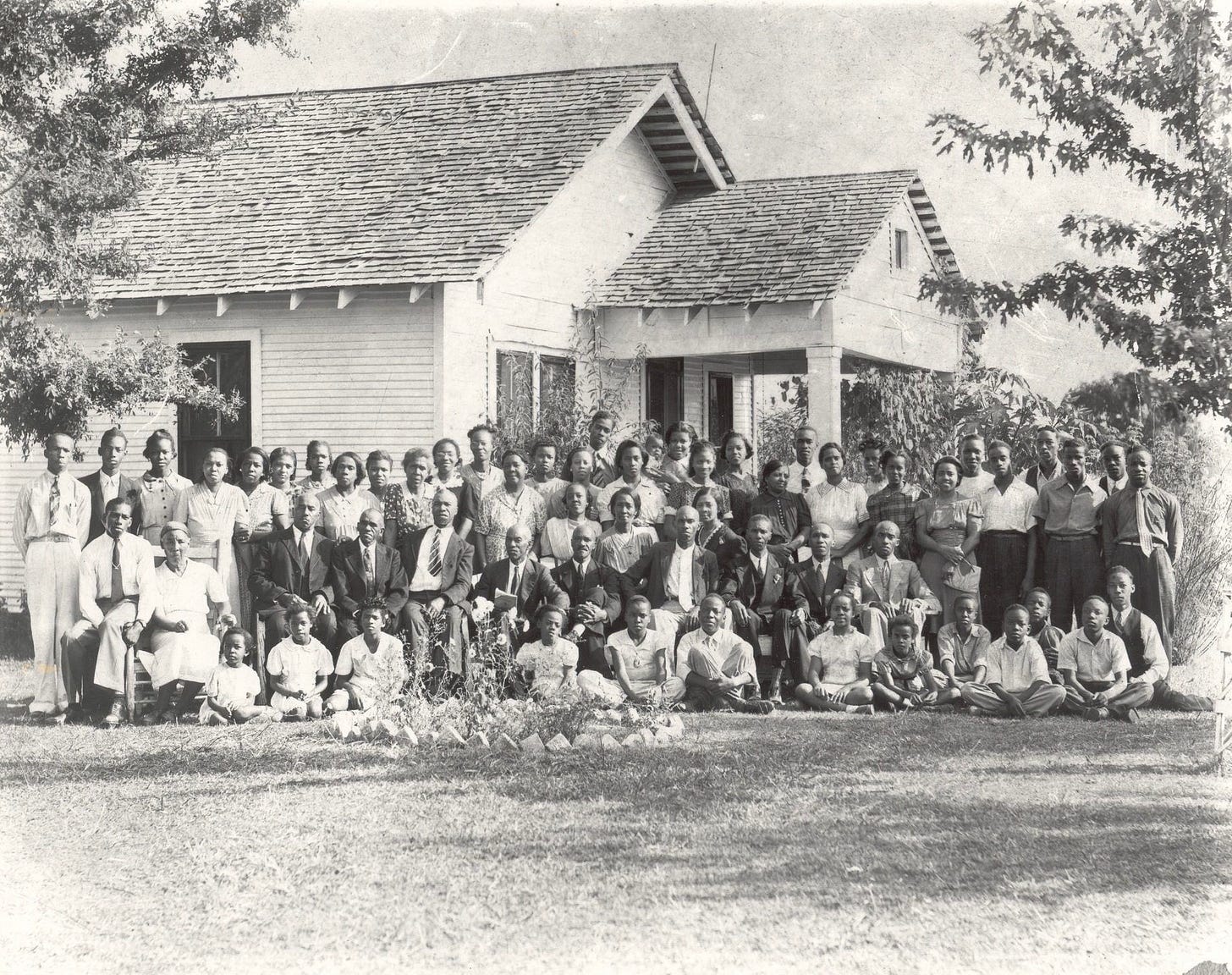
My grandfather, Calvin Luther Muldrow, fought in World War I. Although he died when I was young, I recall his stories about how he survived the Great War. I remember hearing how he spent weeks in a foxhole in the Alps, sick from the malaria that nearly killed him. He returned home bearing the helmet of a German soldier whom he’d dispatched in battle, as evidence of his experience.
Two of my uncles, Calvin L. Muldrow, Jr. and Roger Johnson, fought in World War II, and the Korean War, respectively. Like my grandfather before them, they fought to defend America’s ideals. They all fought against fascism and Nazism. They fought for democracy. They did these things despite being forced to serve in a segregated military.
On Saturday mornings in the late sixties, my parents would dress in their best clothes and head to downtown Little Rock. Along with hundreds of other Black Americans, my mother and father marched for basic rights; they marched for the right to vote, the right to buy a home in whatever neighborhood they could afford, and for their children to attend schools that weren't segregated.
Because they dared to march up the stairs of the Arkansas State Capitol, the Arkansas State Police beat my parents and other protesters. My mother, who was pregnant with my youngest brother at the time, was knocked down the Capitol stairs by those policemen. She used to talk about how her last child's birth was a minor miracle.
I have been thinking about these things a lot lately. I think about how all of them—my grandfather, my uncles, my parents—put their lives on the line for this country, each giving in the best way they knew how. They did these things for a nation that did not acknowledge their humanity. As much as I love and miss them all, I’m glad they aren’t around today. If they were, they’d want me to explain a few things.
They’d want an explanation for why fascism, Nazism, racism, antisemitism, and bigotry—all the things they fought and marched against—are acceptable to so many Americans. They’d wonder why so many Americans believe these are differences of opinion and not the difference between right and wrong.
My uncles would want to know why so many people believe the evils the two of them fought against weren’t all that bad, that there is another point of view to the atrocities of the Holocaust. They’d be curious to know why a former president would say Hitler did some good things.
If they were still alive, my parents might ask me why some schools don’t teach about slavery, or why the people who say the country’s first Black president divided America want to reelect a man who tried to overthrow the United States government.
My grandfather, my uncles, and even my parents might think the wars they fought, the marches, the beatings—all of it—were for nothing. In a way, I consider myself lucky.
Since none of them are still alive, I’ll be spared the pain, the embarrassment of trying to explain the inexplicable.
If you enjoy and want to support my writing, please consider signing up as a paid subscriber. You'll get access to all my posts, my subscriber-only podcasts, occasional livestream events, and subscriber-only chats.





I live with and care for my 100-year-old father, a WWII veteran who flew gliders in the fledgling glider program. He is still lucid, an avid The New Yorker reader, a Sudoku puzzler, a calm dog-whisperer man who maintains a wry sense of humor. He was livid on J6, and he is eager to stay alive long enough to vote this November. He has mentioned that he's glad his WWII mates are not around to see what has become of the America they all fought and sacrificed so much to preserve. He has read Mein Kampf in English, and is infuriated hearing tRump speaking directly from that text. God Help Us!